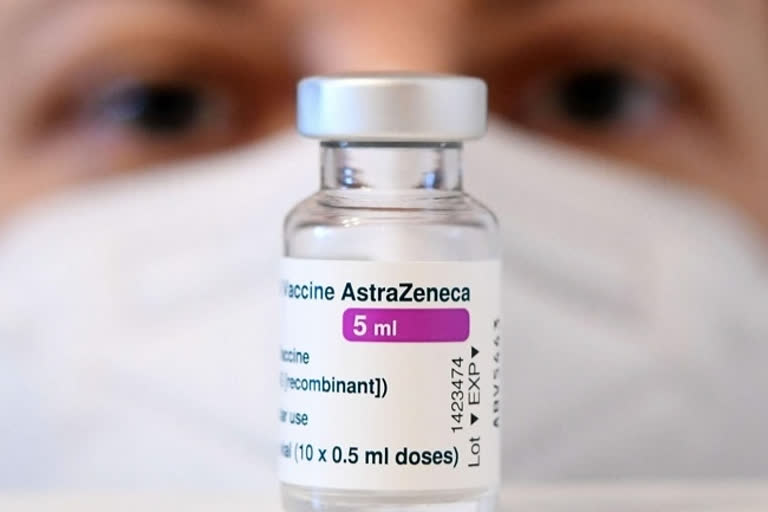New Delhi: As advanced countries such as Britain, Australia and Greece have decided not to use some Covid-19 vaccines right now for the younger age groups over the blood clot controversy, the WHO is of the view that these surplus AstraZeneca stocks should be diverted to poor countries. This would help the less developed countries where the inoculation drive against the deadly Covid-19 pandemic is lagging far behind.
The World Health Organization (WHO) said there is an acute shortage of vaccines and most countries did not have any doses to cover frontline workers such as healthcare staff and police personnel at high risk from exposure to coronavirus. These frontline workers are essential to fight the Covid-19 pandemic, which has claimed more than 3 million lives worldwide.
Read: Bihar to bank on geotagging, drone surveillance to curb liquor smuggling
WHO Director-General Tedros Adhanom Ghebreyesus said high income countries had on average vaccinated one in four people while in low income countries it was one in more than 500.
"There remains a shocking imbalance in the distribution of vaccines," he said at a press briefing on Friday.
According to a report, the WHO and GAVI vaccine alliance's COVAX mechanism aims to ensure vaccines reach poorer nations. Asked whether COVAX was negotiating for doses of the AstraZeneca vaccine that had been shunned, GAVI alliance head Seth Berkley said the Anglo-Swedish company's supply chain had "picked up". The AstraZeneca shot is by far the cheapest and most widely used vaccine launched so far to curb the pandemic.
Read: 'Can never forget five-hour struggle in getting a hospital bed'
Under-30s in the UK are to be offered an alternative Covid vaccine to the AstraZeneca jab as blood clots have been seen in rare cases amongst those who got the jabs and these are being investigated, according to a BBC report.
Australia and Greece followed in Britain's footsteps to recommend alternatives to the AstraZeneca vaccine for younger people and Hong Kong has deferred orders placed for the shots. The city said it had enough alternatives and did not want to waste these shots while global supplies were running short.
Hong Kong had ordered 7.5 million doses from British pharma giant AstraZeneca, which were scheduled to arrive in the second half of 2021.
India's experience
The AstraZeneca vaccine is also being produced in India and is the mainstay of the country's inoculation campaign which has successfully covered more than 93 million people. However, India's current vaccination phase is confined to those who are above 45 years of age. The inoculation of the younger age groups, with the exception of those who are frontline workers, has still not been taken up as there are not enough vaccines to go around.
Hard facts on AstraZeneca
The recommendation to not give AstraZeneca shots to the younger age group comes after a review by the UK drugs regulator found that by the end of March, 79 people had suffered rare blood clots after vaccination. The regulator said this was not proof the jab had caused the clots but the link was getting firmer, the BBC report said.
- The 79 cases and 19 deaths occurred after 20 million doses were administered - giving a risk of about four in one million of developing a blood clot, and one in a million of dying.
- Nearly two-thirds of the cases of rare clots were seen in women.
- The people who died were aged between 18 and 79, with three of them aged under 30.
All the recorded cases occurred after the first dose, although the lower number of second doses meant it was not possible to draw any conclusions from this.
The EU's medicines regulator says unusual blood clots should be listed as a possible very rare side effect of the AstraZeneca jab, but that the benefits outweighed the risks.
Read: India's cumulative COVID-19 vaccination coverage crosses 10 crore
The World Health Organization said the link between the vaccine and blood clots was "plausible" but not confirmed, adding that the clotting incidents were "very rare" among nearly 200 million people who have received the jab worldwide.
IANS



